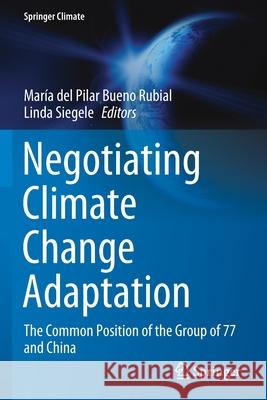Negotiating Climate Change Adaptation: The Common Position of the Group of 77 and China » książka
topmenu
Negotiating Climate Change Adaptation: The Common Position of the Group of 77 and China
ISBN-13: 9783030410230 / Angielski / Miękka / 2021 / 136 str.
Negotiating Climate Change Adaptation: The Common Position of the Group of 77 and China
ISBN-13: 9783030410230 / Angielski / Miękka / 2021 / 136 str.
cena 442,79
(netto: 421,70 VAT: 5%)
Najniższa cena z 30 dni: 424,07
(netto: 421,70 VAT: 5%)
Najniższa cena z 30 dni: 424,07
Termin realizacji zamówienia:
ok. 22 dni roboczych
Dostawa w 2026 r.
ok. 22 dni roboczych
Dostawa w 2026 r.
Darmowa dostawa!
Kategorie:
Kategorie BISAC:
Wydawca:
Springer
Seria wydawnicza:
Język:
Angielski
ISBN-13:
9783030410230
Rok wydania:
2021
Wydanie:
2020
Numer serii:
000470391
Ilość stron:
136
Waga:
0.23 kg
Wymiary:
23.39 x 15.6 x 0.86
Oprawa:
Miękka
Wolumenów:
01
Dodatkowe informacje:
Wydanie ilustrowane











